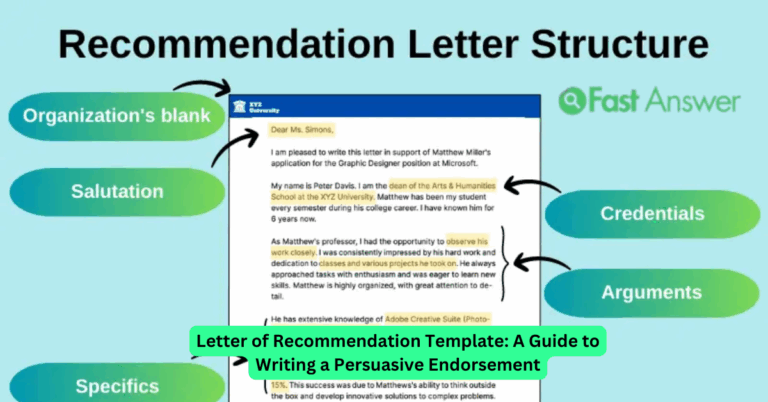Education Advocacy Organizations List: Empowering Change in Education
Education advocacy organizations play a vital role in shaping policies, improving education systems, and ensuring that all students have access to quality learning opportunities. These organizations work to address disparities in education, push for necessary reforms, and advocate for students’ rights and needs at local, national, and global levels. Whether focusing on equity, funding, or innovative teaching practices, education advocacy organizations are key players in driving positive change in education. This article provides a comprehensive list of prominent education advocacy organizations, highlighting their contributions and how they are shaping the future of education for all learners.
The Role of Education Advocacy Organizations in Shaping Education Policy
Education advocacy organizations are instrumental in shaping education policy by engaging with lawmakers, school leaders, and the broader public to promote systemic change. These organizations advocate for policies that support equitable access to education, fair funding, and better resources for schools. They often conduct research, raise public awareness, and mobilize communities to influence decisions at various levels of government. By pushing for changes in curriculum standards, teacher training, and school safety, education advocacy organizations help create environments where all students can thrive, regardless of their socioeconomic background.
Key Education Advocacy Organizations Leading the Charge
Several well-established education advocacy organizations have been at the forefront of improving education systems globally. Here are a few prominent ones:
- The Education Trust: Focused on closing achievement gaps, The Education Trust advocates for policies and practices that help students of color and those from low-income backgrounds succeed in education. They work to ensure that all students receive the support and resources they need to achieve academic excellence.
- National Education Association (NEA): As one of the largest professional organizations for educators in the United States, the NEA is a strong advocate for the rights of teachers, students, and public education. The NEA works to secure better funding for schools, improved working conditions for teachers, and policies that enhance student learning.
- Teach For America: Teach For America is a nonprofit organization that recruits and trains individuals to teach in underserved communities. The organization advocates for educational equity and provides leadership in addressing systemic challenges in low-income schools.
- Save Our Schools: This grassroots organization is dedicated to defending public education and advocating for better policies to ensure equal access to quality education. Save Our Schools focuses on issues like education privatization, school funding, and teacher support.
- Council for Exceptional Children (CEC): The CEC focuses on advocating for students with disabilities, ensuring they receive inclusive education and necessary support services. The organization works to influence policy and provide resources for educators in special education.
How Education Advocacy Organizations Influence Educational Reform
Education advocacy organizations are critical in driving educational reform through research, policy recommendations, and public campaigns. By identifying key issues within the education system, these organizations advocate for change at the local, state, and national levels. They often work closely with policymakers to shape legislation and regulations that address issues such as standardized testing, school funding, teacher salaries, and student support services. Additionally, many of these organizations mobilize communities to participate in education reform efforts, helping to build public support for initiatives that lead to lasting improvements in education.
The Impact of Education Advocacy on Equity and Access
One of the most significant contributions of education advocacy organizations is their focus on promoting equity and access to quality education. These organizations work tirelessly to ensure that every child, regardless of their race, background, or location, has access to the resources and opportunities they need to succeed. This includes advocating for better funding for schools in low-income areas, pushing for more inclusive education policies, and supporting initiatives that tackle disparities in educational outcomes. Through their efforts, education advocacy organizations help break down barriers to education, empowering all students to reach their full potential.
How to Get Involved with Education Advocacy Organizations
Getting involved with education advocacy organizations can be a powerful way to contribute to the improvement of education systems in your community and beyond. Whether you’re an educator, parent, student, or community leader, there are several ways to support education advocacy efforts. You can volunteer your time, donate to organizations that align with your values, or become an advocate yourself by spreading awareness about important education issues. Many organizations also offer opportunities for individuals to participate in advocacy campaigns, attend events, and join networks that focus on advancing education reforms. By engaging with these organizations, you can help drive positive change and ensure that education remains a priority for all.
Frequently Asked Questions (FAQs)
1. What do education advocacy organizations do?
Education advocacy organizations work to promote policies and practices that improve the quality of education for all students. They focus on issues like equitable funding, educational access, teacher support, and systemic reforms to enhance student outcomes.
2. How can I get involved in education advocacy?
You can get involved by volunteering with organizations, supporting advocacy campaigns, donating to causes you care about, or simply spreading awareness about education issues in your community.
3. Are there any organizations specifically focused on special education?
Yes, organizations like the Council for Exceptional Children (CEC) focus on advocating for the rights and needs of students with disabilities, ensuring they receive the support they need to succeed in inclusive educational settings.
4. How do education advocacy organizations influence policy?
These organizations influence policy by conducting research, publishing reports, meeting with lawmakers, and organizing grassroots campaigns to advocate for changes in education policy and legislation.
5. Can education advocacy organizations help with school funding issues?
Yes, many education advocacy organizations focus on securing better funding for schools, especially in underfunded areas. They work with policymakers and the public to ensure that resources are allocated to schools that need them the most.

